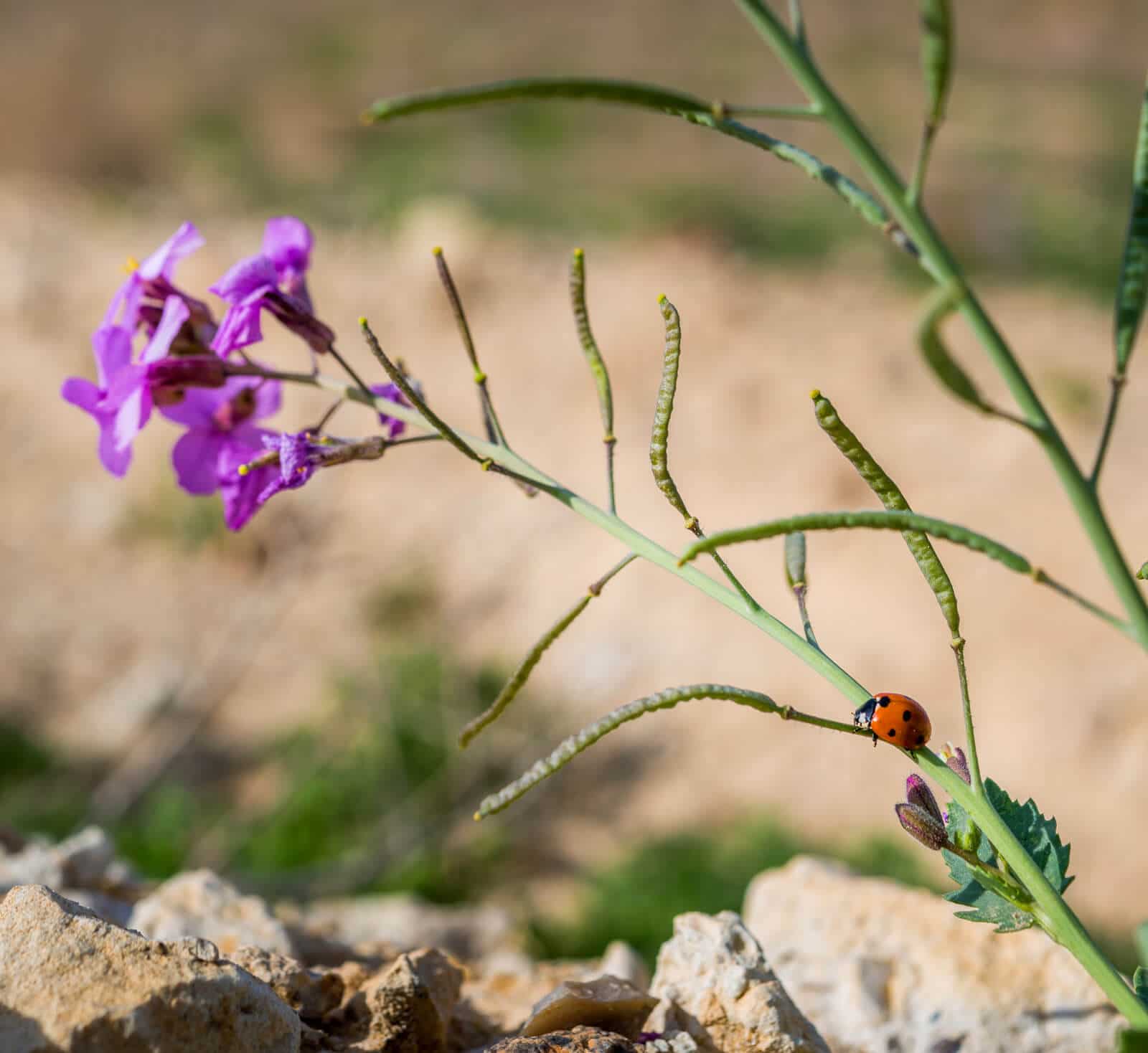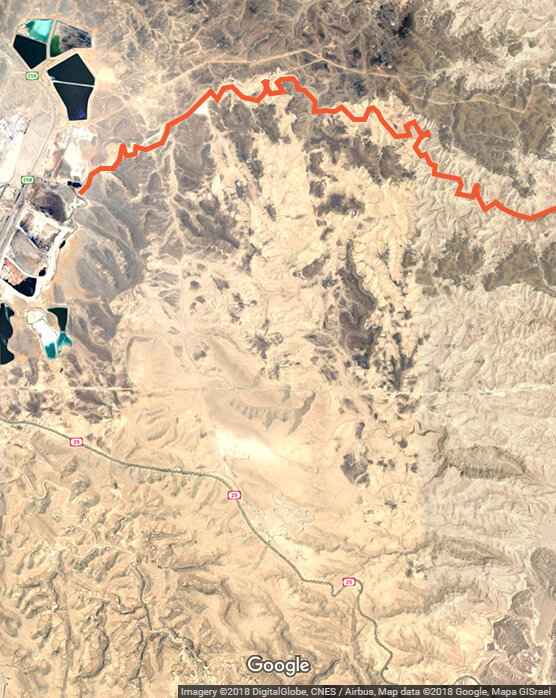Biodiversity
Mining can have an environmental and social impact. ICL is working to limit the negative effects of its mining activities and to protect the environment. As part of ICL’s effort to mitigate the effects of its mining activities and maintain biodiversity, representatives from the ICL mining sites participate in periodic ICL Biodiversity forums, where best practices and lessons learned from local Biodiversity initiatives, are shared and discussed. ICL’s sites in Israel and abroad are engaged with various academic institutes and NGOs on preserving and recovering biodiversity.
Site-specific biodiversity initiatives include (see further details in the sites sections, linked below):
- ICL Dead Sea works with various stakeholders on land reclamation and restoring natural resources, such as the salt marshland, in its concession areas, reducing light pollution and reducing invasive species.
- ICL Rotem had developed award-winning advanced mine reclamation methods, and is engaged in academic studies regarding ecological reclamation and biodiversity in reclaimed areas.
- ICL Boulby maintains an annual biodiversity management plan and works continuously with different stakeholder groups to maintain the biodiversity on its grounds.
- ICL Iberia has been exploring different paths regarding management of their sites, including participating in various programs that support sustainable management in the areas around its mining sites, as well as rehabilitating a stream near it mining site.
- ICL China YPH JV, conducts effective mine rehabilitation with the involvement of the surrounding communities.
Key Principles in ICL’s Biodiversity Management Practices:
- Plan for all stages of ICL’s activities from planning, mining and production through use and end of life of the mining site.
- Prepare a biodiversity survey at the planning stage for all new projects at ICL.
- Use land under ICL management in a responsible manner.
- Identify and implement solutions, and technological means, for biodiversity conservation.
- Commit to preserving indigenous and endangered species.
- Cooperate with stakeholders and develop local and strategic partnerships to promote the issue.
- Allocate resources and knowledge to build organizational capacity and processes to implement a biodiversity policy.
- Track developments, monitor biodiversity performance and strive to develop effective parameters over the next several years.
Ein Bokek Stream Restoration Project
The Ein Bokek steam (“Nahal Bokek”) flows to Pond 5 in the southern basin of the Dead Sea, through the grounds of the Ein Bokek hotels. On average, 300-400 thousand cubic meters of water flow in the stream each year. The flow is unstable and varies from year to year, as it depends on the amount of annual rainfall.
In recent years, the stream has become saline, damaging the ecosystem in the stream channel. The salinity has risen from 500-600 mg/L to 3,000 mg/L and higher. The source for the salinity has not been determined, although some environmental organizations and other parties claim that its source is the industries at Mishor Rotem.
In 2007, ICL Dead Sea voluntarily committed to cooperate with the Water Authority and other relevant parties to restore the Bokek stream by introducing water with a quality similar to the water that flowed into the stream previously. In cooperation with the Nature and Parks Authority (INPA), this project includes:
- Introducing high quality water to the stream for its restoration.
- Diverting the saline water to an aqueduct (and restoring it)- planned for later stages.
Since 2015, ICL Dead Sea has been providing funding for high quality water to be pumped to the Ein Bokek stream. However, due to technical difficulties of the water suppliers, water availability to this remote area was limited until late 2018. At that time, water availability to the region was increased with a new pipe. Therefore, since late 2018, there is an increased supply of high quality water, at a rate of 40-50 cubic meters per hour, to the stream. The increased amount is enough to completely replace the saline water in the stream. With the higher quantity and quality of water, real change is occurring, and recent results of water quality monitoring have shown a significant improvement. This successful coordinated effort between ICL Dead Sea, the INPA and the Water authorities, forms a positive example of a proactive cooperation between industry, government, and environmental organizations.
In 2018, a class action lawsuit was filed against ICL subsidiaries regarding pollution of the regional groundwater aquifer and the Ein Bokek spring. For more information, see ICL 2018 Annual Report Note 20.C.(1).D.







